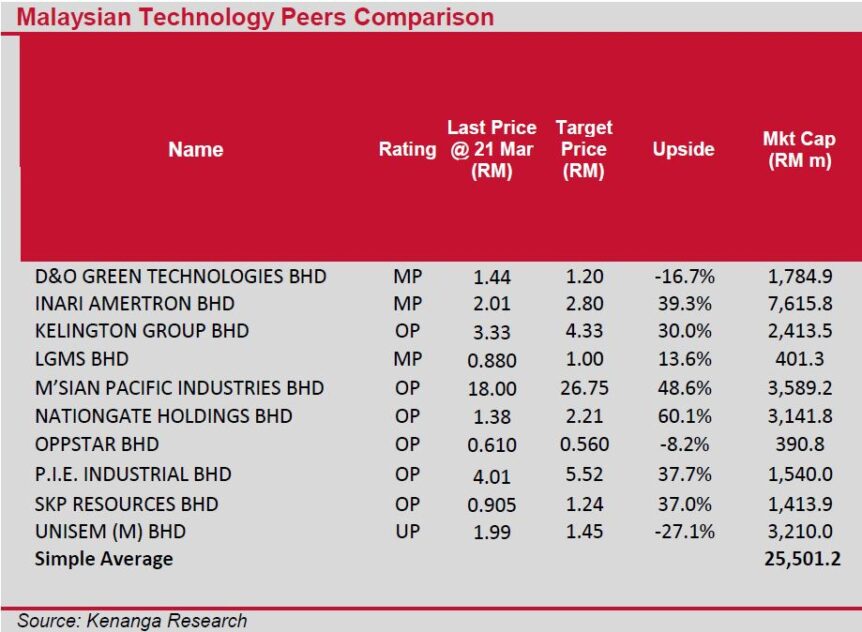MSIA foresees several opportunities that could emerge in Malaysia’s semiconductor sector in the coming months, despite the global industry facing uncertainty over the next six months due to persistent US-China tensions and evolving tariff policies.
According to MSIA, Malaysia has seen a growing number of enquiries from companies looking to establish or expand their operations in the country.
Meanwhile, several Chinese semiconductor firms are also exploring increased investments in Malaysia to diversify supply chains, mitigate trade restrictions, and establish “China for the World” operations.
These companies aim to leverage Malaysia’s robust infrastructure to facilitate global exports. Malaysia has maintained a neutral stance amid geopolitical tensions.
Instead, the country remains focused on driving economic growth by fostering a pro-business environment that attracts foreign investments.
Moreover, MSIA highlighted that Malaysia is actively pursuing high-value foreign direct investments while encouraging collaboration between local private sectors and the government to strengthen and develop a robust semiconductor ecosystem, particularly in advanced packaging.
To attract semiconductor investments, Malaysia is focusing on several key strategies, including strengthening government incentives for integrated circuit (IC) design, improving supply chain resilience to support high-end semiconductor manufacturing, and attracting semiconductor fabrication (fab) investments.

Notably, Malaysia has committed USD250 mil over 10 years in a strategic partnership with ARM Holdings recently to access chip design blueprints and training, aiming to transition from chip assembly and testing (back-end) to high-value semiconductor design and production.
Additionally, the government is also prioritising research and development (R&D) initiatives and talent development to foster long-term industry growth.
Please refer to our “Kilang to IP” shot in the ARM to Semiconductor Field note dated 6 March for more information.
To solidify its position in the global semiconductor industry, MSIA is of the view that Malaysia needs to develop a comprehensive roadmap that enhances local IC design capabilities and reduce reliance on foreign players.
Greater investment in the semiconductor supply chain is essential to strengthen resilience and attract suppliers from key markets.
Additionally, bringing in leading foreign semiconductor fabrication plants will be crucial in enhancing Malaysia’s competitiveness and fostering a self-sustaining semiconductor ecosystem.
The government and industry stakeholders must collaborate on talent development initiatives, including industry-academic partnerships and specialised upskilling programmes.
To further strengthen Malaysia’s semiconductor industry, policies such as tax incentives, research grants, and targeted funding will be essential in attracting global technology players and fostering local innovation.
While Malaysia has a strong semiconductor foundation, the country must accelerate technological adoption, talent development, and infrastructure investments to maintain its competitive edge in the rapidly evolving global market. —Mar 24, 2025
Main image: USA Today








